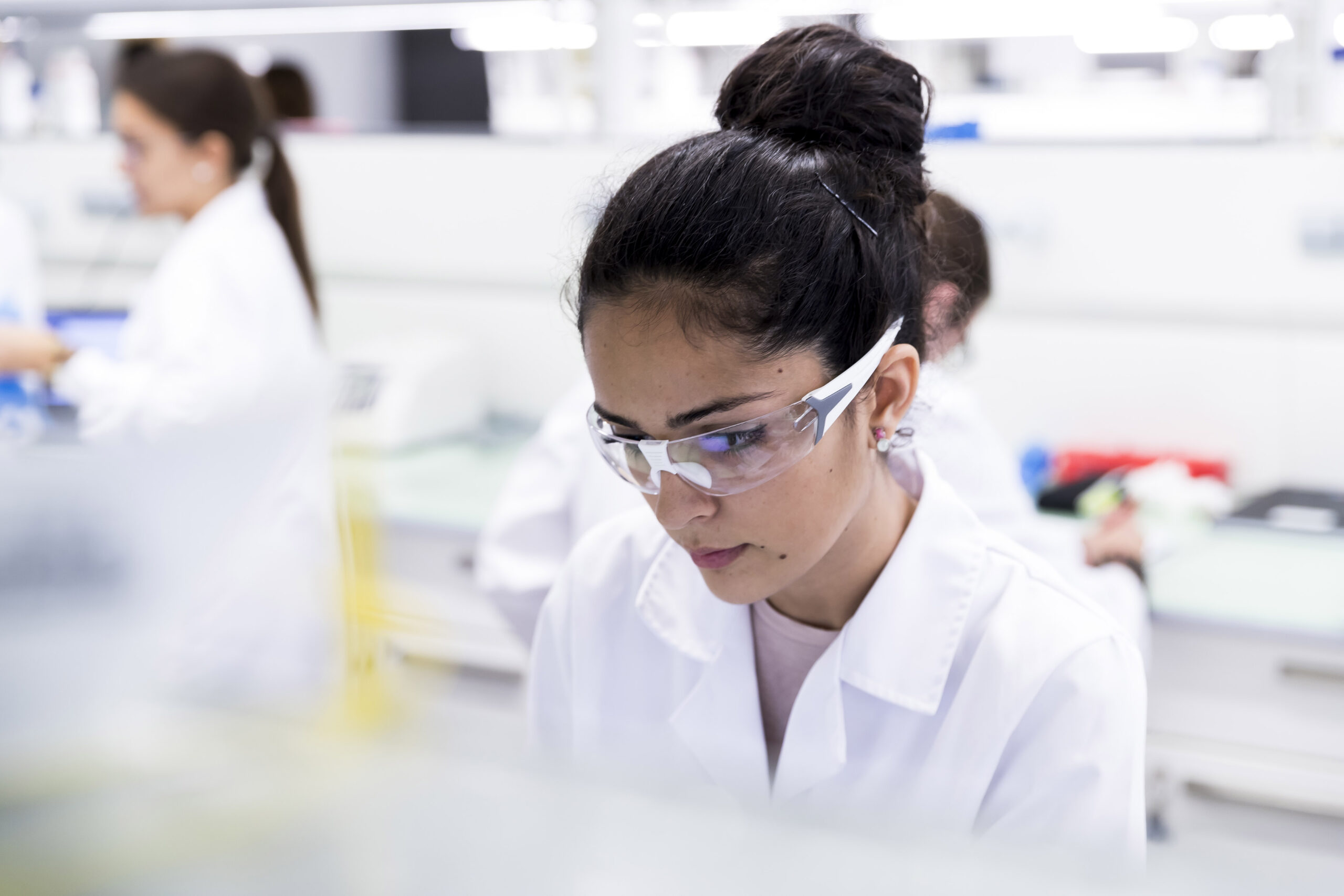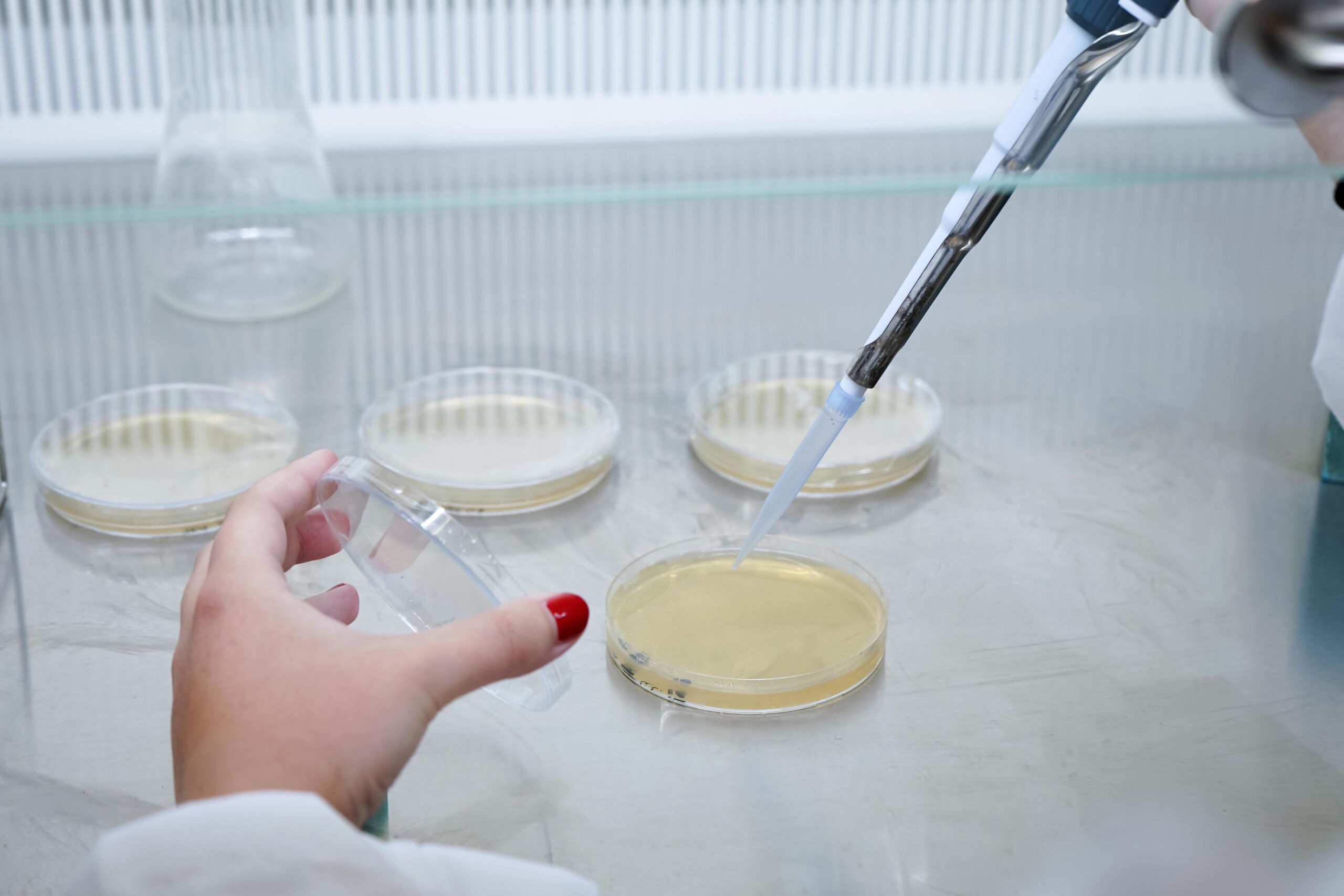
Blog
What does a biotechnologist do? Advantages and disadvantages
If you’re thinking about studying biotechnology and you’re wondering what a biotechnologist does, you’ve come to the right place to answer all your questions. The first thing you should know is that a biotechnologist studies two complementary branches, biology and technology, with the idea of tackling problems in different areas that are present today.
So if you’re interested in finding out about the possible threats and opportunities in the fields of biotechnology, what exactly a biotechnologist does, or how biotechnology can be applied in various areas of action, read on! You’ll be able to find all the information you need right here so you can make the best decision for your future.

What is biotechnology and what does a biotechnologist do?
As mentioned above, a biotechnologist researches and develops biology and technology applications to produce advances in a variety of fields. The main areas of action in biotechnology include health, agriculture, the pharmaceutical and chemical industries, environmental protection, and food production.
To understand more about what is done in biotechnology, we can begin by focusing on the area of health to draw our initial conclusions. This area covers a wide array of aspects, from the large-scale production of vaccines to the incubation and study of diseases. Through knowledge about genetics and other elements, biotechnologists help improve the wellbeing and quality of everyone’s life.
Similarly, we can also observe what a biotechnologist does in agriculture and food production. With today’s latest tools, it is now possible to work on the genetic modification of crops to permit greater resistance against pests or diseases or even to make certain foods a greater source of nutrients.
Biotechnology also has a significant positive impact on environmental protection and preservation. The production of biodegradable materials or the development of microorganisms that perform decomposition and waste management functions are just two of the major advances made in this era.
In short, the most prepared student profile for the biotechnology sector is a student who has an interest in the different areas we have listed. Becoming familiar with the health and agricultural industries, having extensive knowledge about cooperation between biology and technology, and being able to work with statistical data and detailed studies are essential skills.
Advantages and benefits of applying biotechnology
Improvements in human health:
One of the benefits of biotechnology can be found in better nutrition thanks to foods grown with better elements, as well as in the production of better medicines for different diseases.
Helping to reduce poverty and hunger:
The biotechnological development involving genetic modification to crops is also worth highlighting, as it leads to farms producing a greater amount of food in the same fields.
Crop strength and flexibility:
The use of biotechnology makes agriculture more sustainable and durable, reducing the resources required and decreasing the probability of losing crops, not to mention the fact that biotechnology also optimizes water use.
Reducing environmental pollution:
By manufacturing biodegradable and stronger materials, biotechnology reduces carbon dioxide emissions. In this way, we can also include improving tools to generate less toxic waste among the things that a biotechnologist does.

Potential disadvantages: threats to biotechnology that impede its development
The first threat to biotechnology is that there are still many unknowns about its development and application, as well as some ethical debates that can be put on the table (especially when we discuss applying biotechnology in humans).
Moreover, like any scientific advance, biotechnology can be used for lucrative purposes and an exacerbated interest that prevents everyone from accessing these improvements on a day-to-day basis. It may sound like science fiction, but we’re all aware of cases about how technology has been used against humanity itself.









